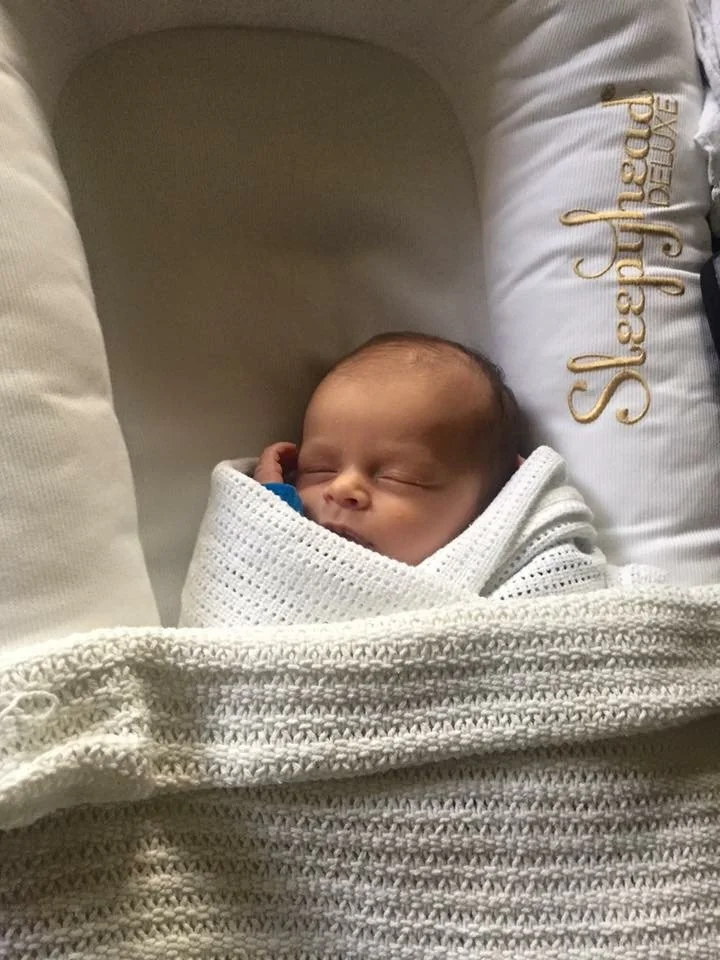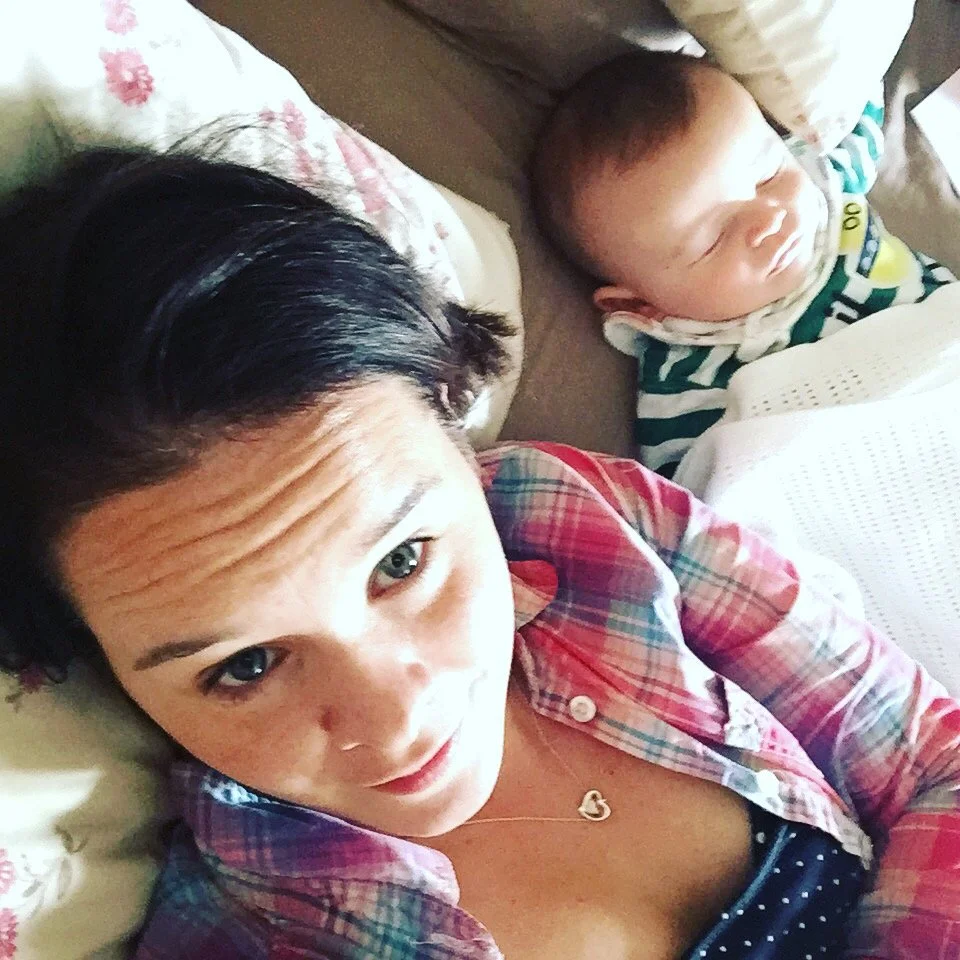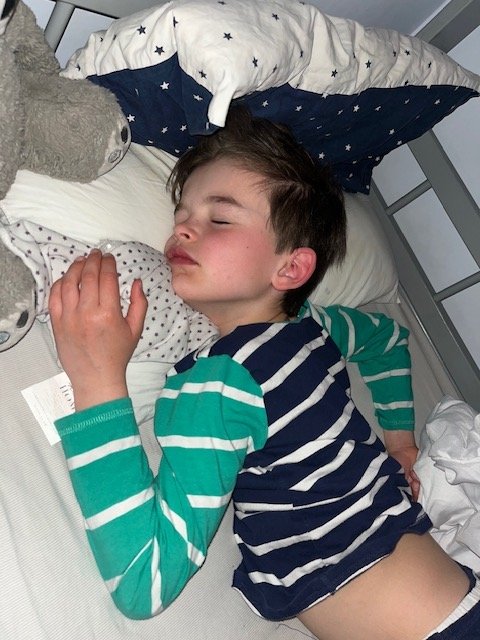How can I help my child to fall asleep independently?
As parents, we often focus on providing our children with the best possible environment and timings for sleep. However, one crucial yet sometimes overlooked factor in promoting healthy sleep habits is self and co-regulation.
What is self regulation?
Self regulation refers to how you cope and manage your emotional state. For instance, if you can guide yourself from a state of panic and anxiety, to calm and grounded then you have used self regulation tools to get you from one emotional state to another.
Examples of self regulation activities include exercise, meditation, visualisation, breathwork, high quality sleep (ironically), listening to music, drawing, journaling.
The problem for your child is, a human cannot fully self regulate until they are between the ages of 18-25, and this doesn’t take into account personal situations such as trauma and life events that impact our ability to self regulate.
This means that it is your role to co-regulate for your child, which is easier said than done when you are sleep deprived, exhausted, living in survival mode and have not been taught how to self regulate yourself.
Co-regulation is the skill of modelling calm, relaxed and a sense of grounding when perhaps your baby or child is feeling otherwise. Your child’s needs for co-regulation skills is a calling for you to access your own self regulation activities.
Why is co-regulating important when thinking about your child’s sleep?
Co-regulation refers to the process by which parents support and guide their children in managing their emotions, behaviours, and physiological responses, including during bedtime and sleep. Let’s explore why parental co-regulation is essential for children’s sleep and how it can foster a deeper bond between parents and their little ones.
Creating a Sense of Safety and Security
Parental co-regulation during bedtime helps create a sense of safety and security for children. When parents are present and responsive to their child’s needs, whether it’s soothing them when they’re upset or providing comfort during the night, children feel reassured and are better able to relax and fall asleep peacefully. Once they feel safe and secure at sleep time, you can very gently start to teach them to feel safe with less support from yourself.
Teaching Self-Regulation Skills
By modelling calm and consistent behaviours during sleep time, parents can help teach their children valuable self-regulation skills. Children learn to regulate their emotions and behaviours by observing how their parents manage stress, frustration, and relaxation, all of which are essential for winding down and preparing for sleep. But also for managing emotions and stress in later life.
Establishing Healthy Sleep Habits
Consistent parental co-regulation during bedtime routines helps establish healthy sleep habits from an early age. By following a predictable bedtime routine and providing a calm and nurturing sleep environment, parents set the stage for restful nights and more manageable transitions between sleep cycles.
Supporting Emotional Regulation
Quality sleep is closely linked to emotional regulation and mental well-being. When children feel secure and supported by their parents during bedtime, they are more likely to experience restful sleep and wake up feeling refreshed and emotionally balanced. Parental co-regulation helps lay the foundation for healthy emotional development and resilience.
Modelling Healthy Sleep Habits
Perhaps most importantly, parental co-regulation involves modelling healthy sleep habits for children to emulate. When parents prioritise their own sleep and self-care, they demonstrate the importance of rest and relaxation, setting a positive example for their children to follow as they grow older.
In conclusion, parental co-regulation plays a vital role in promoting healthy sleep habits. Your ability to co-regulate with your child, lays the foundations for your child to start to learn to self regulate and therefore the ability to fall asleep independently.




